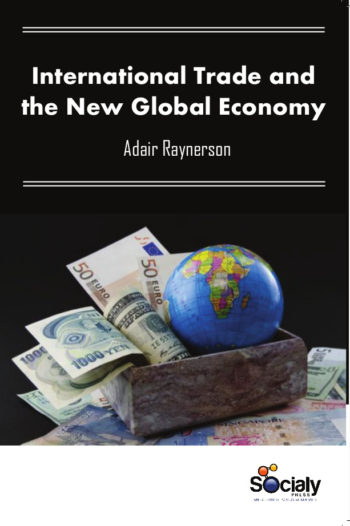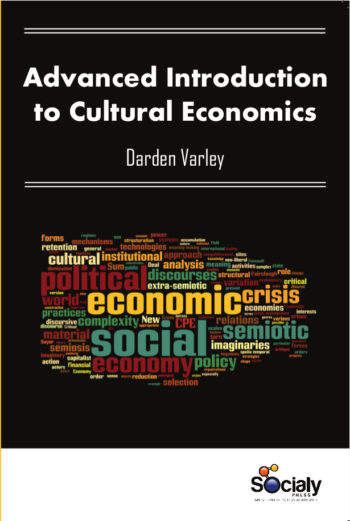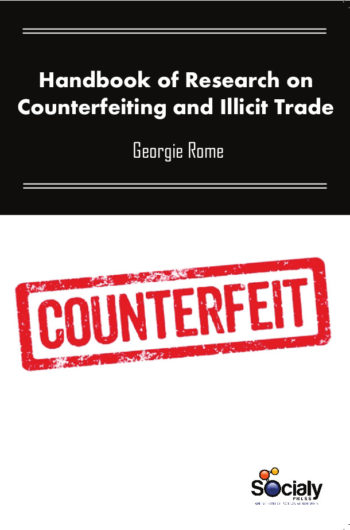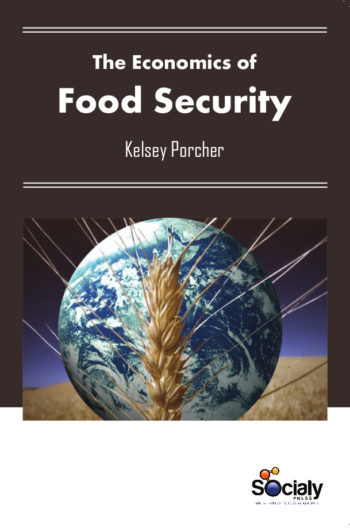A hundred years ago, the international economy was entering the 20th century with the freest flow of goods, services and capital in human history. The previous century had witnessed expansion of global output and trade, and rising living standards in Europe and North America at a pace never before seen in human history. China’s rapid growth and its growth model have accelerated important existing structural trends in the world economy and made them decisive characteristics of the global economy. In particular, China has ensured that this will be the era of the global market economy; the super-industrial economy; the post-industrial economy; the ecologically constrained economy; the complex economy; the highly globalized economy; the innovation economy; an economy with a new moral consciousness about the global supply chain; and an economy with an emerging new monetary system.
The Evolution of the World Economy explains how capitalism has changed industrial structures around the globe. Using structural development economics and political economy analytics the clarifying changes in the global industrial landscape are examined.
In both the 19th and 20th centuries, technical change played an important role. But, paradoxically, in the 19th century it was the dramatic decline in transport costs that enabled the rapid expansion of global trade and real incomes, whereas in the second half of the 20th century, it was a dramatic decline in policy-induced trade barriers that had the same effect. And whereas the reversal of globalization in the early 20th century resulted from political hostilities, the major threat to continued economic success at the beginning of the 21st century appears to be economic nationalism.
This Book will be of valuable to many, particularly those specializing in international business, economics, political science, and international relations. Academics and practitioners alike will find this an invaluable resource.







